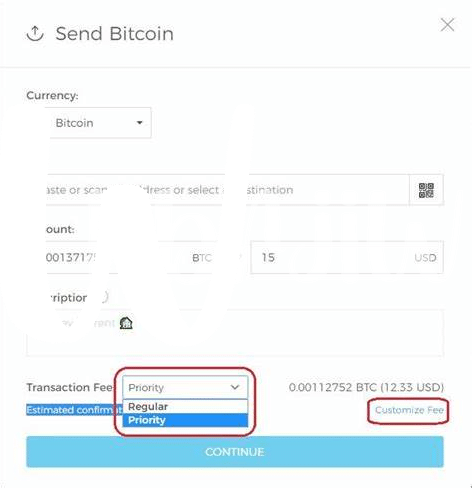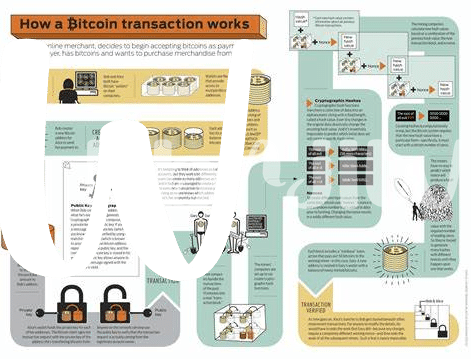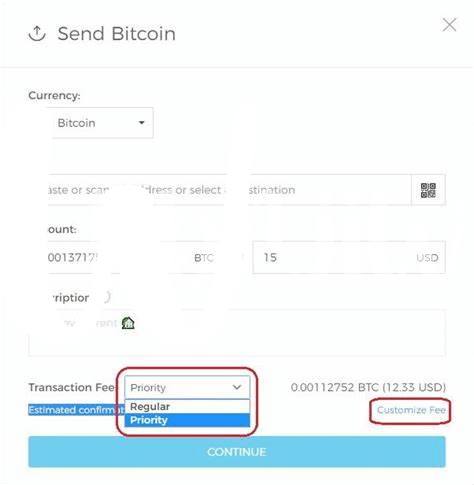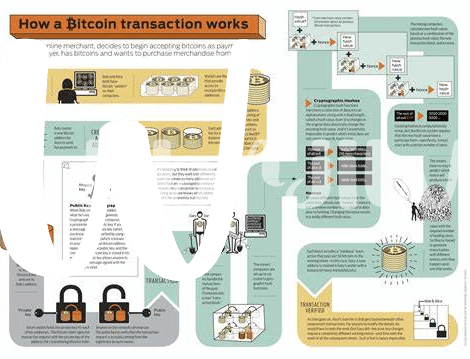What Are Bitcoin Transaction Fees? 🤔

Imagine you’re sending a friend a birthday present through the mail, but instead of postage, you pay a little extra based on how quickly you want it to get there. In the world of Bitcoin, sending money works a bit like that. Every time you make a transaction, like sending Bitcoin to someone else, you include a small fee. This isn’t a random charge but rather a way to make sure your transaction gets picked up and processed by the network, kind of like paying for priority shipping. These fees go to the miners, who do the heavy lifting of verifying and adding transactions to the blockchain, which is a public ledger of all Bitcoin transactions. It’s not a fee set by any one person, but one that’s determined by the market, meaning it can go up or down based on how busy the network is.
| Component | Description |
|---|---|
| Transaction Fee | The small amount paid to incentivize miners to include your transaction in the blockchain. |
| Miners | Individuals or entities that use computer power to process transactions and secure the network. |
| Blockchain | A public ledger recording all Bitcoin transactions. |
Why Do Transaction Fees Vary? 📈
When we talk about Bitcoin, think of it as a busy highway. Just like cars on a road, transactions need to zip across the Bitcoin network. But here’s the catch: the road can get crowded, and if you want a fast pass, you might have to pay a bit more. This is why transaction fees can go up and down. It depends on how many people are trying to make transactions at the same time. If lots of folks are sending Bitcoin, the network can get busy, and fees might rise since everyone wants their transactions to be processed quickly.
On top of that, miners, the folks who process our transactions, pick the ones with higher fees first. It’s a bit like offering a tip for faster service. So, when the network is less busy, you might pay less because there’s no rush. This variance in fees helps the system balance out who gets processed first based on urgency and willingness to pay a bit extra. It’s a dynamic system, aiming to be fair to both quick movers and those who prefer a leisurely pace, ensuring everyone’s transaction gets through the digital highway. Plus, understanding this can lead to smarter decisions on when and how much to transact, potentially saving money. To dive deeper into optimizing Bitcoin transactions, consider exploring https://wikicrypto.news/the-future-of-bitcoin-mining-sustainability-practices-unveiled, which offers insights into making Bitcoin work better for everyone.
How Fees Affect Transaction Speeds ⏱

Imagine you’re at an amusement park, and there’s a special fast-pass line that lets you get on rides quicker. In the world of Bitcoin, transaction fees work similarly. When you perform a transaction, like sending Bitcoin to a friend, you can choose how much “ticket” or fee you want to pay. The higher the fee, the quicker miners, who are like the operators of the ride, will confirm your transaction because they prioritize higher-paying transactions. It’s a bit like tipping for faster service. However, if the network is busy and many people are sending transactions, you might have to pay more to get ahead. So, figuring out just the right amount to pay can be a bit of a balancing act, ensuring your transaction doesn’t get stuck without overpaying. 🎢💰⚖️
Discovering the Right Fee for You 💡

Finding the perfect balance for your Bitcoin transaction fee feels a bit like choosing the right ingredients for a magic potion. It’s not just about sprinkling in a random amount; it’s about understanding what works best for your needs. If you’re in a rush and need your transaction to jump to the front of the line, you might consider adding a little extra to speed things up. But what if you’re not in a hurry? Well, then you have the luxury of paying a smaller fee and can wait a bit longer for your transaction to be processed. This decision-making process involves a blend of patience, timing, and a dash of savvy to ensure you’re not overpaying.
Thankfully, you don’t have to navigate this complex terrain alone. There are tools designed to clear the fog and help you pinpoint the ideal fee for your transaction. By leveraging these tools, you can make informed decisions that align with your priorities, whether that’s speed or cost-effectiveness. Moreover, staying informed about bitcoin scalability solutions suggestions can provide deeper insights into how the network’s efficiency is continuously improved, further aiding your quest to optimize transaction fees. This approach ensures you’re not just throwing coins into a wishing well but investing in a smoother journey through the Bitcoin network.
Tools to Calculate Fees Easily 🛠
Finding the right Bitcoin transaction fee doesn’t have to be like looking for a needle in a haystack. Thanks to the digital age, there are handy online tools and calculators that do the heavy lifting for you. Imagine having a smart friend who always knows the exact amount to pay for your transaction to get it confirmed quickly without overpaying. That’s what these tools do. They look at the current traffic in Bitcoin’s network—how busy it is with transactions— and based on this, they suggest a fee that’s just right. This ensures your transaction doesn’t get stuck waiting for confirmation during busy times or that you don’t end up paying too much when it’s quiet.
These tools are user-friendly and designed with beginners in mind. You don’t need to be a tech wizard to use them. Simply entering the size of your transaction will give you an instant recommendation on how much to pay. It’s like having a financial advisor for your Bitcoin transactions, available anytime at your fingertips. Check out the table below for a quick guide on some popular fee calculators:
| Tool Name | Features | Accessibility |
|---|---|---|
| Bitcoin Fee Estimator | Provides real-time suggestions | Website |
| Fee Calculator | Customizable options for advanced users | Website/App |
| Crypto Fees Saver | Focuses on minimizing costs | Website |
By leveraging these tools, you can navigate the seemingly complex world of Bitcoin transaction fees with ease and confidence. Whether you’re sending a small amount to a friend or making a large payment, these resources ensure you’re always on top of your game, securing your transactions swiftly and economically.
Reducing Your Fees and Saving Money 💸

When it comes to bitcoin, we all like the idea of saving a bit of money, right? 🤑 Well, good news! There are several nifty ways you can lower the fees you pay on your transactions. Think of it like this: every bitcoin transaction is like sending a package. The fee is the postage you pay, and just like with regular mail, the cost can vary. To keep fees low, try sending transactions during off-peak times, when the network isn’t as busy. It’s a bit like mailing a package on a Tuesday instead of a Monday morning. You can also adjust the fee manually in many wallets if you’re not in a hurry and are okay with your transaction taking a bit longer. For those who love diving deeper, getting familiar with tools that help you estimate the right fee can be a game changer. And if you’re really looking to cut down on costs, pooling transactions together can help you save on fees. Look at it as carpooling; it’s cheaper to travel together than alone. Not sure where to start? A great place to learn more is through the bitcoin community itself. For insights on how bitcoin mining affects fees, check out bitcoin developer communities explained. They offer a goldmine of tips and tricks straight from the experts. By taking a little time to understand the ins and outs, not only can you save yourself some money, but you’ll also become a savvy part of the bitcoin world. 🌍💰
